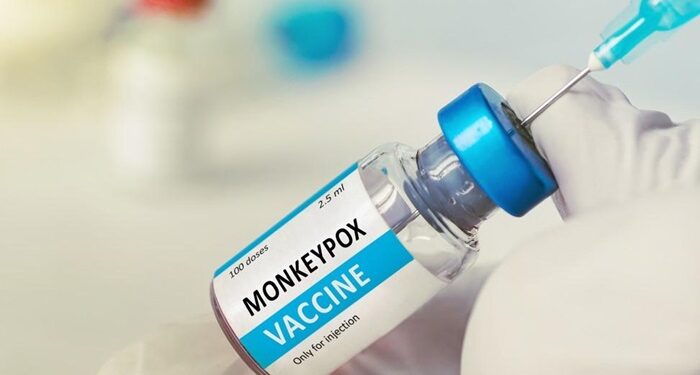The World Health Organization (WHO) is expected to make a decision on the issuance of an emergency use listing (EUL) for mpox vaccine within the next three weeks. WHO Director-General Dr. Tedros Adhanom Ghebreyesus made the announcement during the opening of the WHO Africa regional conference on Monday follow ing the submission of all required information by the vaccine manufacturer Dr.
Tedros stated, “The WHO will decide on whether to issue an emergency use listing (EUL) for an mpox vaccine within three weeks after its manufacturer supplied the global body with all the required information last Friday.” Related Stories Germany donates 100,000 Mpox Vaccine doses to combat outbreak in Africa Africa CDC to secure about 23 million Mpox vaccine doses to combat spread EUL is a process established by the World Health Organization (WHO) to expedite the evaluation and authorization of vaccines, diagnostics, and treatments in response to public health emergencies. Dr.

Tedros also highlighted the need for approximately $135 million to bring the current mpox outbreaks in Africa under control. He emphasized that this effort would require a “complex, comprehensive, and coordinated international response.” The WHO has faced criticism for its perceived delay in evaluating mpox vaccines that have already been approved in the United States and Europe.
This delay has left African countries reliant on donated vaccines. Nairametrics reported that Germany would donate 100,000 mpox vaccine doses from its military stocks to African countries grappling with a severe outbreak of the virus. Germany currently has a stockpile of approximately 117,000 doses of the Jynneos vaccine, which was procured in 2022 and is being maintained by the German army.
Africa’s largest vaccine procurers, Gavi and UNICEF, are unable to purchase vaccines without either an EUL or full WHO approval. The EUL procedure is designed to fast-track unlicensed medical products in public health emergencies. Two vaccines, Bavarian Nordic’s Jynneos (also known as MVA) and Emergent BioSolutions’s ACAM2000, have been recommended for consideration by independent health experts.
In the past month, over 220 cases of clade 1b have been confirmed in four countries neighboring the DRC—Burundi, Kenya, Rwanda, and Uganda—none of which had previously reported mpox cases. One of the key strategies proposed by the WHO is to raise public awareness about the transmission routes of mpox. The virus primarily spreads through close contact, including skin-to-skin and respiratory interactions, as well as through contact with contaminated objects like clothing or linen.
The WHO advises that people, especially those with multiple sexual partners, take precautions to reduce their risk of infection. “Mpox spreads from person to person mainly through close contact with someone who has mpox, including members of a household,” the WHO emphasized in its statement. It also highlighted that those in close community settings or involved in activities such as tattooing or healthcare are at heightened risk.
The WHO has also stressed the importance of accurate diagnosis to distinguish mpox from other infections with similar symptoms, such as chickenpox or herpes. Polymerase chain reaction (PCR) testing, particularly from samples taken from the rash, is recommended as the most reliable diagnostic method. Additionally, HIV testing is advised for individuals diagnosed with mpox, given the higher risks associated with co-infections.
The treatment focus is on supportive care to manage symptoms and prevent complications. While there is no proven effective antiviral treatment for mpox, some antivirals have received emergency use authorization and are being evaluated in clinical trials. “It is a priority to continue evaluation of therapeutics in robust clinical trials and to focus on optimizing supportive care for patients ,” WHO experts noted.
To prevent infection, the WHO recommends vaccination for high-risk groups, including healthcare workers, individuals with multiple sexual partners, and those in close contact with infected individuals. The WHO also advises post-exposure prophylaxis, where vaccines should be administered within four days of exposure to the virus to reduce the likelihood of developing the disease. For those who contract mpox, the WHO advises a series of self-care measures to aid recovery and prevent transmission.
These include staying isolated in well-ventilated rooms, covering skin lesions, wearing masks around others, and avoiding scratching or popping blisters to prevent secondary infections. Additionally, infected individuals are urged to maintain good hygiene by washing hands frequently and disinfecting shared spaces. “People with mpox should isolate at home following guidance from their healthcare provider, or in a hospital if needed, for the duration of the infectious period,” WHO recommends.
The organization also advises against engaging in sexual activities during periods of increased transmission and suggests using condoms as a precaution even after recovery..


















